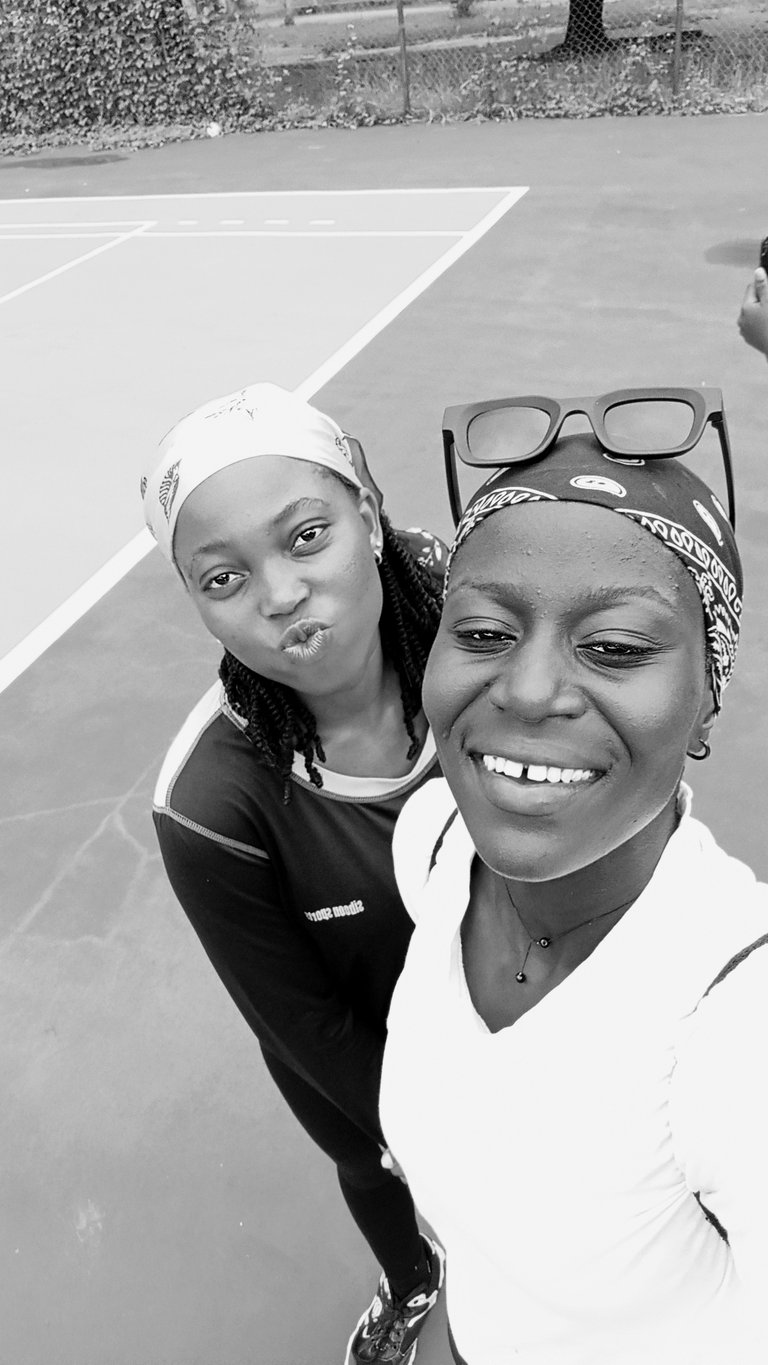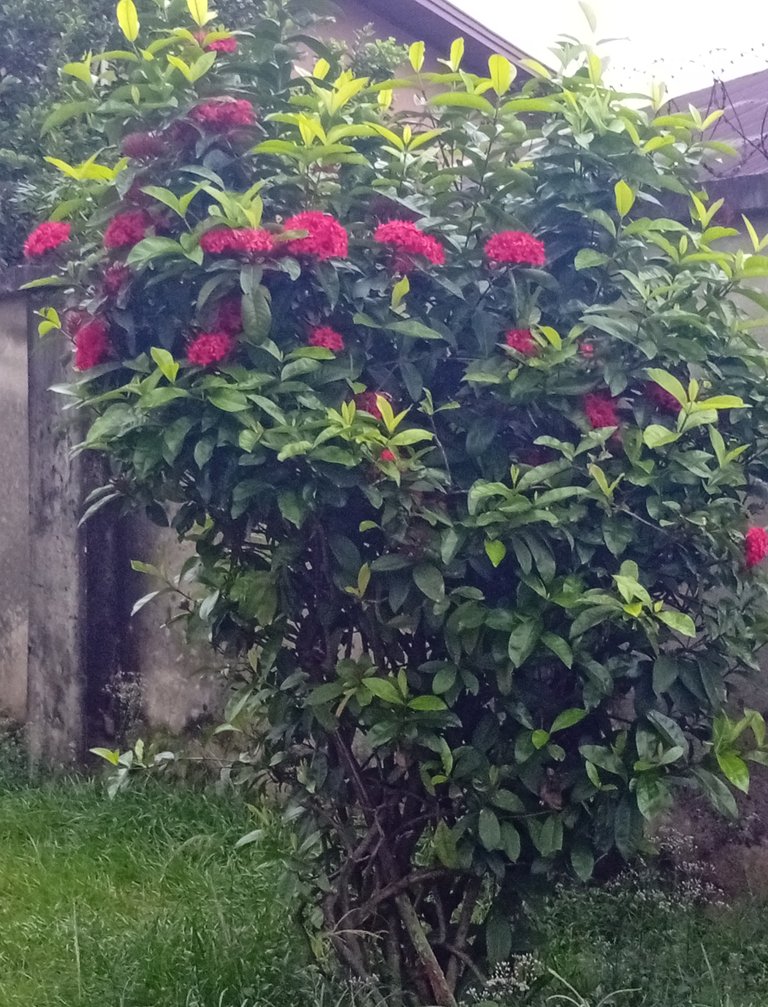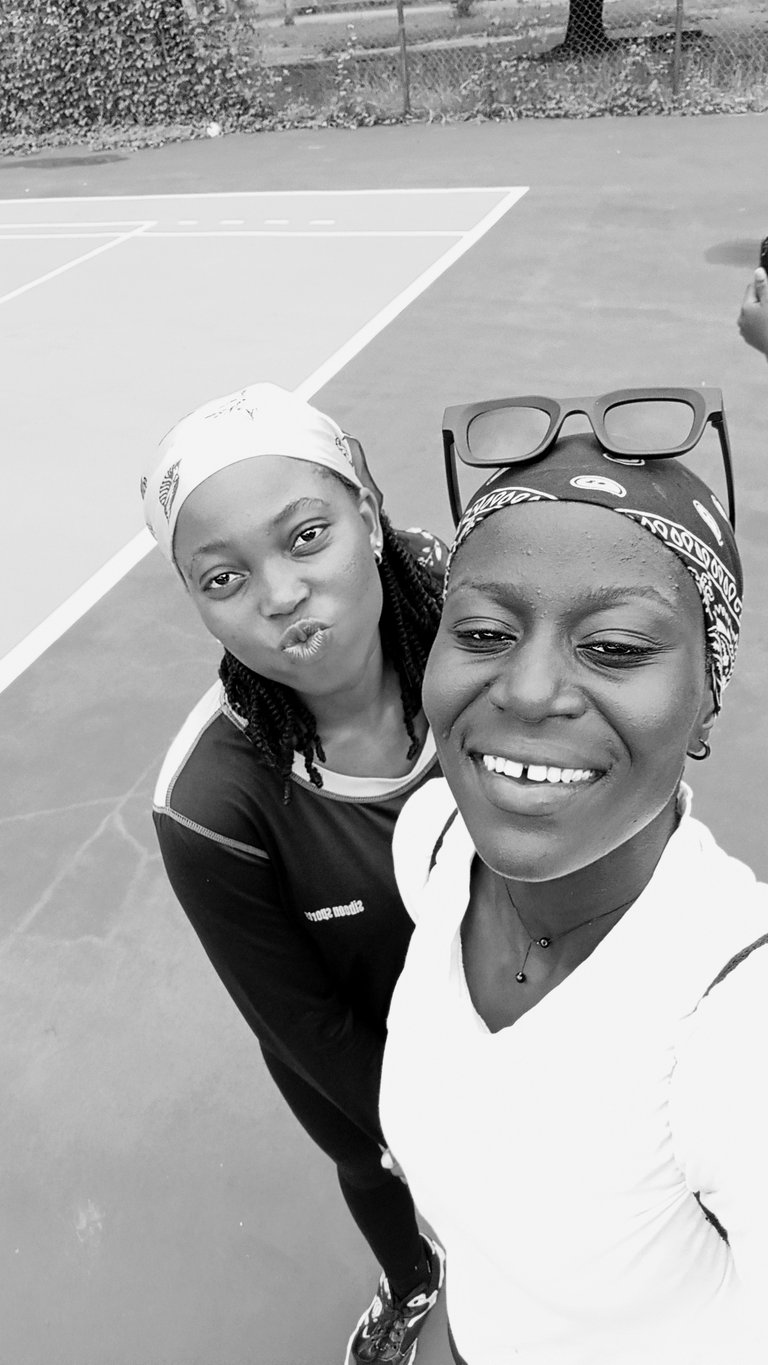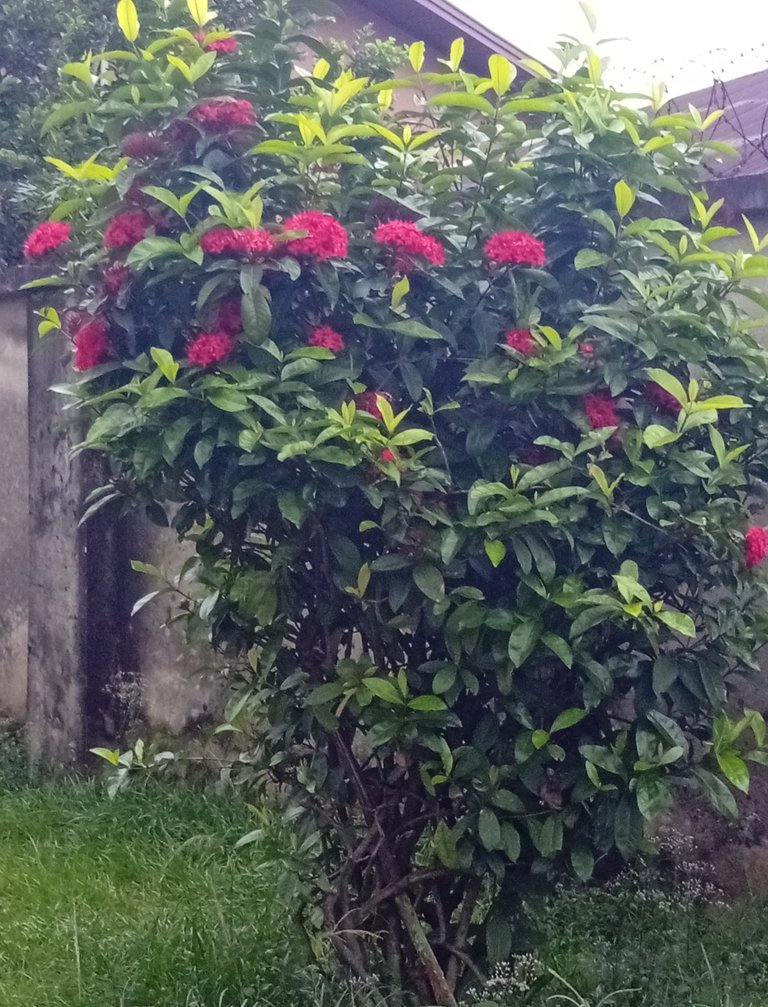The Individual Vs The Collective: Rethinking Our certainty [ENG/ESP]
Today, I happened to have a conversation with someone who had so much confidence in himself. Normally, this kind of confidence is supposed to impress me, but that wasn’t the case today. I found it ridiculous and immature. The encounter bothered me even after I got home. I kept wondering if there had ever been a time I behaved the same way as this man.

Growing up, like the man I encountered I used to think that confidence meant being absolutely sure of everything I knew and believed. I saw self doubt as a weakness, something I should totally avoid or suppress. This was especially obvious in my teenage years when I would quote things like, “I don’t care what people think of me,” even though people’s opinions were secretly bothering me all the time. I didn’t want to admit that I cared about what they said or thought of me.
I had so many mates who were more nonchalant and unreprimandable, all in the name of being “confident” about who they were. But as I’ve gotten older, nw in my early adulthood, I’ve realized that doubt isn’t something to despise. In fact, I’ve come to understand that our refusal to entertain doubt can be the very thing that limits our growth.
We live in a world that encourages certainty. We’re told to be confident, stand firm, speak up, don’t apologize for our truth, etc. Most of this comes with the idea that people will respect us more. And yes, this kind of confidence can be empowering and admirable, but it can also become dangerous when it grows into arrogance. When we stop questioning ourselves; our beliefs, our behaviors, our assumptions, we risk becoming unbothered and blind to the truth.
We all know that no one is perfect. This means no one knows it all. In other words, each and every one of us still has room for learning and improvement. So what happens when we’re so confident that we’re no longer willing to consider other people’s opinions or doubts about us and our decisions?

There’s something very fake about pretending we’re never wrong. If we refuse to consider the possibility that we might be mistaken, then we’re choosing ignorance over self-improvement. True integrity lies in our willingness to pause and ask the “what ifs”: What if I’m wrong? What if the other person has a point? What am I not seeing clearly because I’m too invested in being right or trying to prove a point?
In many ways, our modern society glorifies the “individual.” We talk about personal rights, personal happiness, personal goals, and while theze things matter, they shouldn’t eclipse the needs of the people around us. We can’t keep living in a way that disregards the concerns, doubts, and criticisms of others simply because they challenge our perspective. That, as we all know, is what we should understand as consciousness, which in this sense is being aware of our beliefs and actions, and how it affects others.
Sometimes, it’s necessary to stand out from the crowd or take a path others don’t understand. But even that decision should come from deep reflection, not defiance for defiance’s sake. We owe it to ourselves, and to those we share space with, to listen, reflect, and question.
It’s a good thing to be 100% sure of ourselves, but I believe it’s even more humane to listen to other people’s concerns and reason properly with them. At the end of the day, doubt doesn’t stop us from believing in ourselves. It simply helps us reflect on our beliefs, and refine them, if necessary.
All images are mine.
!LEER EN ESPANOL
!Hola amigos y Hivers de la comunidad Holus y Lotus.
Espero que os vaya bien.
Hoy, por casualidad, tuve una conversación con alguien que tenía mucha confianza en sí mismo. Normalmente, este tipo de confianza debería impresionarme, pero hoy no ha sido el caso. Me pareció ridículo e inmaduro. El encuentro me molestó incluso después de llegar a casa. No dejaba de preguntarme si alguna vez me había comportado como ese hombre.

Cuando era pequeño, al igual que el hombre con el que me encontré, solía pensar que la confianza significaba estar absolutamente seguro de todo lo que sabía y creía. Consideraba que dudar de uno mismo era una debilidad, algo que debía evitar o suprimir por completo. Esto era especialmente evidente en mi adolescencia, cuando solía citar cosas como: "No me importa lo que la gente piense de mí", a pesar de que las opiniones de la gente me molestaban en secreto todo el tiempo. No quería admitir que me importaba lo que dijeran o pensaran de mí.
Tuve tantos compañeros que eran más indiferentes e irreprimibles, todo en nombre de estar "seguros" de quiénes eran. Pero a medida que he ido creciendo, ahora en la edad adulta, me he dado cuenta de que la duda no es algo que haya que despreciar. De hecho, he llegado a comprender que nuestra negativa a albergar dudas puede ser precisamente lo que limita nuestro crecimiento.
Vivimos en un mundo que fomenta la certeza. Nos dicen que tengamos confianza, que nos mantengamos firmes, que hablemos claro, que no pidamos disculpas por nuestra verdad, etc. Casi todo esto viene con la idea de que la gente nos respetará más. Y sí, este tipo de confianza puede ser poderosa y admirable, pero también puede volverse peligrosa cuando se convierte en arrogancia. Cuando dejamos de cuestionarnos a nosotros mismos; nuestras creencias, nuestros comportamientos, nuestras suposiciones, corremos el riesgo de volvernos indiferentes y ciegos a la verdad.
Todos sabemos que nadie es perfecto. Esto significa que nadie lo sabe todo. En otras palabras, todos y cada uno de nosotros aún podemos aprender y mejorar. Entonces, ¿qué ocurre cuando estamos tan seguros de nosotros mismos que ya no estamos dispuestos a tener en cuenta las opiniones o dudas de los demás sobre nosotros y nuestras decisiones?

Hay algo muy falso en pretender que nunca nos equivocamos. Si nos negamos a considerar la posibilidad de que podamos estar equivocados, entonces estamos eligiendo la ignorancia en lugar de la superación personal. La verdadera integridad reside en nuestra voluntad de hacer una pausa y preguntarnos "¿y si...? ¿Y si estoy equivocado? ¿Y si la otra persona tiene razón? ¿Qué es lo que no veo con claridad porque estoy demasiado empeñado en tener razón o en intentar demostrar algo?
En muchos sentidos, nuestra sociedad moderna glorifica al "individuo". Hablamos de derechos personales, felicidad personal, objetivos personales, y aunque estas cosas son importantes, no deberían eclipsar las necesidades de las personas que nos rodean. No podemos seguir viviendo de una manera que ignore las preocupaciones, dudas y críticas de los demás simplemente porque cuestionan nuestra perspectiva. Eso, como todos sabemos, es lo que debemos entender por conciencia, que en este sentido es ser consciente de nuestras creencias y acciones, y de cómo afecta a los demás.
A veces, es necesario destacar entre la multitud o tomar un camino que otros no entienden. Pero incluso esa decisión debe surgir de una profunda reflexión, no del desafío por el desafío. Nos debemos a nosotros mismos, y a aquellos con los que compartimos espacio, escuchar, reflexionar y cuestionar.
Es bueno estar seguros al 100% de nosotros mismos, pero creo que es aún más humano escuchar las preocupaciones de los demás y razonar adecuadamente con ellos. Al fin y al cabo, la duda no nos impide creer. Simplemente nos ayuda a reflexionar sobre nuestras creencias, y a refinarlas, si es necesario.
Todas las imágenes son mías.
Traducido con DeepL.
View or trade
LOHtokens.@phyna, You have received 1.0000 LOH for posting to Ladies of Hive.
We believe that you should be rewarded for the time and effort spent in creating articles. The goal is to encourage token holders to accumulate and hodl LOH tokens over a long period of time.
LADY !
Congratulations @phyna! You have completed the following achievement on the Hive blockchain And have been rewarded with New badge(s)
Your next payout target is 3000 HP.
The unit is Hive Power equivalent because post and comment rewards can be split into HP and HBD
You can view your badges on your board and compare yourself to others in the Ranking
If you no longer want to receive notifications, reply to this comment with the word
STOPCheck out our last posts: